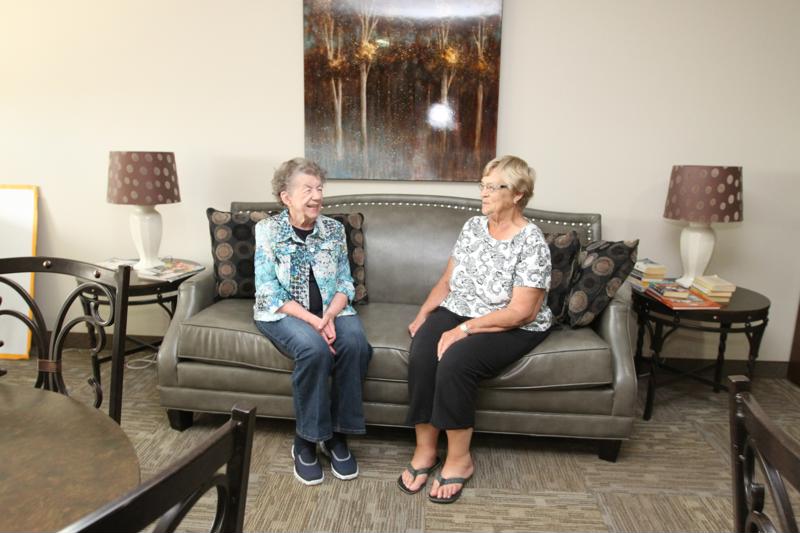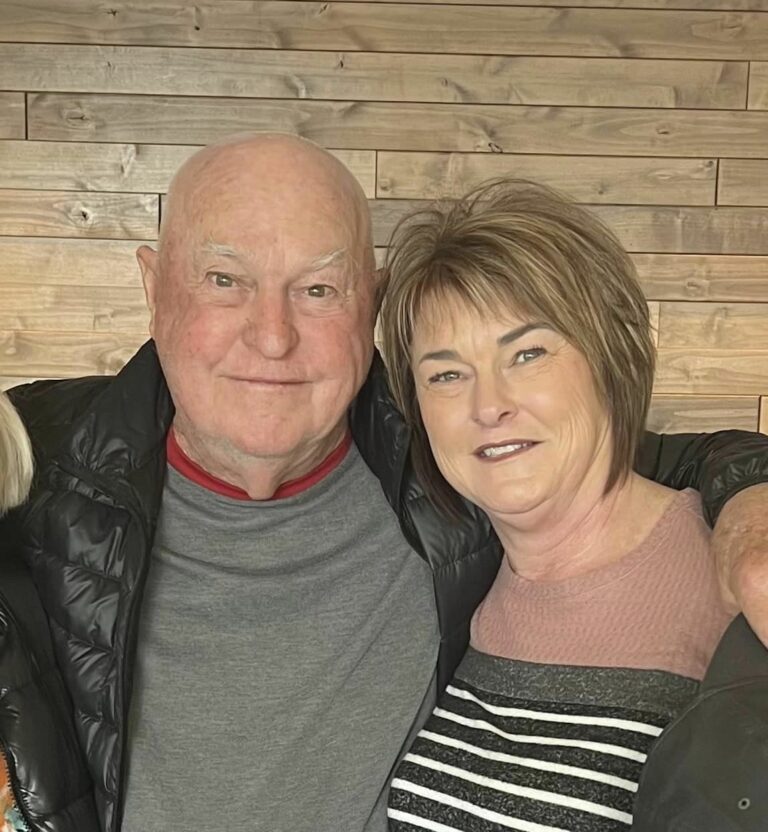
As a caregiver or loved one of a senior who is losing their memory, it can be hard to cope. Dementia and Alzheimer’s disease may start with symptoms like misplacing belongings or not remembering important dates. Eventually, though, these symptoms can worsen. Seniors may experience more significant issues, like not remembering where they parked the car. When you’re with this older person, it can be challenging to know what to do when they have a moment of forgetfulness.
Here are some tips to help you react:
Hint at the Answer
You visit your senior friend at their memory care community every Thursday. Maybe once, the individual asks what day of the week it is. Instead of simply replying, “Thursday. I always come on Thursdays,” you could give them a hint. Ask, “When do I usually come to visit you?” The senior may remember this fact because it is more long-standing in their brain than simply recognizing the day.
Find Senior Living Near Me
Repeat Yourself
When people lack short-term memory, they’ll likely forget what you said five minutes ago. “Where are we going?” and “What did you do today?” are common questions that seniors with dementia and Alzheimer’s tend to repeat. While it can be exasperating after a while, you must repeat yourself. The more times the senior hears something said, the more likely they are to remember it.
 Be prepared to repeat yourself when talking to a senior with memory loss.
Be prepared to repeat yourself when talking to a senior with memory loss.
Move On
Think about what it would feel like to be in the senior’s shoes. Forgetting simple things like where the bathroom is can be very stressful and embarrassing. When your older loved one doesn’t recall something mid-conversation, it’s sometimes OK to breeze over the topic. However, if it’s something important, like what time an upcoming event is or medication information, help the senior fill in the blanks. Sometimes, it’s not helpful to keep trying to force a senior to remember something. If the information they’re missing is nonessential, move on.
Be Patient
Dementia and Alzheimer’s can be taxing on older people and those they love. Realizing how much your senior friend or family member no longer remembers can be upsetting. It’s essential to be patient in their times of forgetfulness. Remember that the individual is not intentionally blocking out information and has no control over their memories. It’s likely as frustrating for them as it is for you to try to straighten everything out.
Provide a Safe Haven
Memory loss often worsens and has no cure. The best way to address a senior’s forgetfulness is to ensure they have a safe place to live. Memory Care communities promote all-around health and well-being with around-the-clock care and modified residences that prevent seniors from wandering off, a common symptom of severe memory loss. You’ll rest easier knowing your loved one is in good hands and has people to talk to when their memory lapses.




